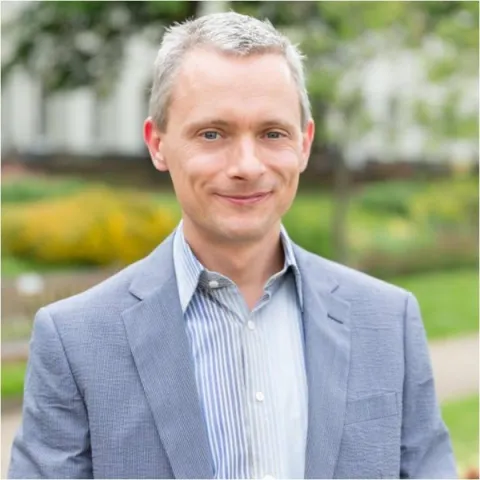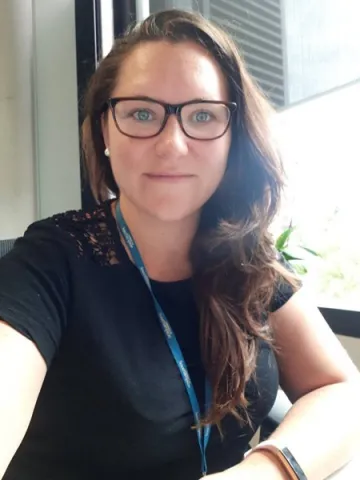About the project
The University of Southampton, in collaboration with Network Rail, is offering an exciting opportunity to inform future railway signalling strategy through a programme of PhD research.
The PhD focuses on future control, command and signalling strategy (F-CCS) that sets out a heavily automated future for the railway. But with little previous research on how such advanced signalling control might impact performance in the wider sociotechnical system, this programme seeks to understand the benefits of automation and how human performance fits in with that at all stages of the lifecycle.
The work will consider the scope of changes that will be introduced following realisation of the F-CCS strategy and digitalisation of the railway system. You will capture the human-system integration issues that will result from the development of next generation signalling systems and the introduction of intelligent and autonomous systems. Areas of focus will include:
- Classification approaches for human performance in highly automated railway systems
- Approaches for managing human-automation teaming and the introduction of autonomous rail technologies
- The need for human performance models to feed into the design of joint cognitive systems and explainable artificial intelligence
- Human modelling and human-in-the-loop simulation
The research is expected to result in tangible outputs including: approaches to hazard analysis, simulation and modelling that can be used to inform system design; and enhanced methods for the prediction, measurement and modelling of mental workload, decision-making and situation awareness.
You will have expertise in human factors through a degree in a closely related discipline or through experience applying human factors in industry. Experience and knowledge of railway systems and operations is also highly desirable.
You will carry out your PhD in the Transportation Research Group in the School of Engineering at the University of Southampton, supervised by Professor Mark Young and Dr Katie Plant. Prof Young has nearly 30 years’ experience in human factors and incident investigation, while Dr Plant has been researching systems-based human factors methods in sociotechnical systems since 2009. You will also benefit from industrial supervision through Network Rail’s ergonomics and human factors team

